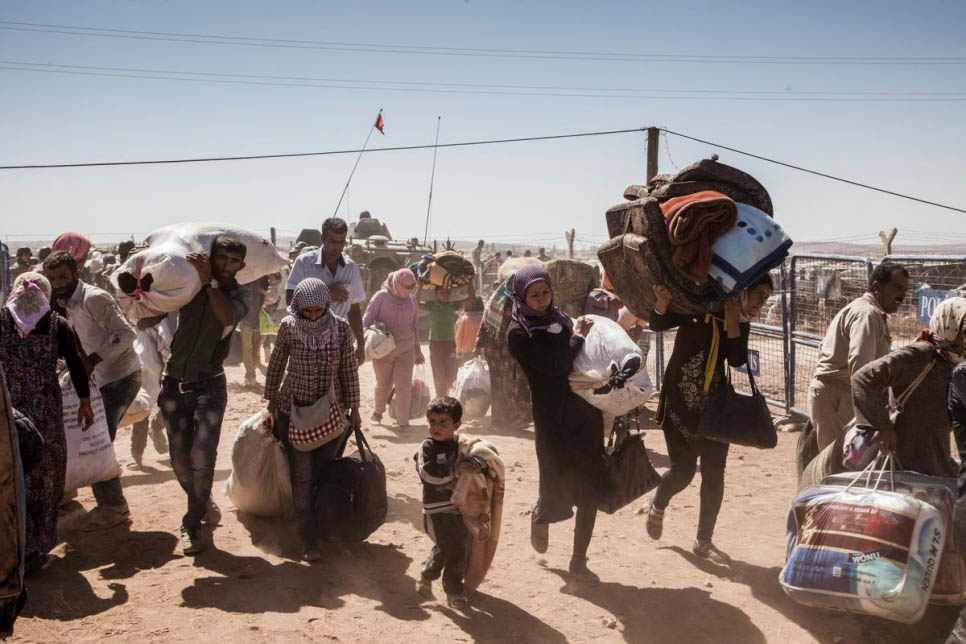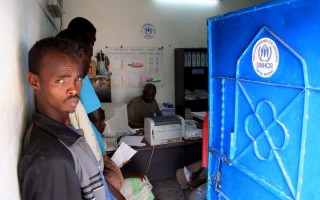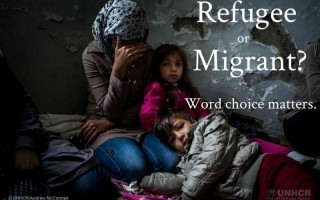
Syrian Kurdish refugees flee the war and cross into Turkey near the town of Kobani, Syria, in this September 2014 file photo. © UNHCR/Ivor Prickett
Faced with record displacement from war and conflict, UNHCR, the UN Refugee Agency, has this week moved to reinforce the global refugee protection regime by issuing new guidelines on dealing with people fleeing their country because of war.
The guidelines aim to ensure that states generally consider those fleeing armed conflict and other violent crises as refugees. Discrepancies still exist today when determining refugee eligibility, with some countries not recognizing such a claim by victims of violence.
“The idea that one has to be singled out and individually targeted to be a refugee is a myth,” said UNHCR’s Assistant High Commissioner for Protection Volker Türk. “The 1951 Refugee Convention, the cornerstone of our work, has always included refugees from war. But over the years it has been inconsistently applied, and some countries have required people fleeing war to prove they were individually targeted.”
“These guidelines are crucial because most conflicts today target groups of civilians because of their real or perceived ethnic, religious, social or political affiliation. There is no question that those fleeing the devastating effects of armed conflict may indeed be refugees,” he added.
UNHCR calls on all countries to follow the new guidelines in order to apply a consistent and harmonized standard for refugees, one that provides international protection to all who need it.
Forced displacement is at a record high globally, with 65.3 million people displaced as of the end of 2015. Refugees make up about a third of this total (21.3 million) with the overwhelming majority being people displaced within their own country.
UNHCR has a mandate to protect refugees, stateless people and people displaced internally. On a daily basis it helps millions of people worldwide, often on the front lines of conflict. It also monitors compliance with the international refugee system and provides Governments with guidelines, information and legal policy advice aimed at helping them meet their obligation to uphold refugee and human rights.
This is a summary of what was said by UNHCR spokesperson Adrian Edwards – to whom quoted text may be attributed – at today’s press briefing at the Palais des Nations in Geneva. Article originally posted on unhcr.org





